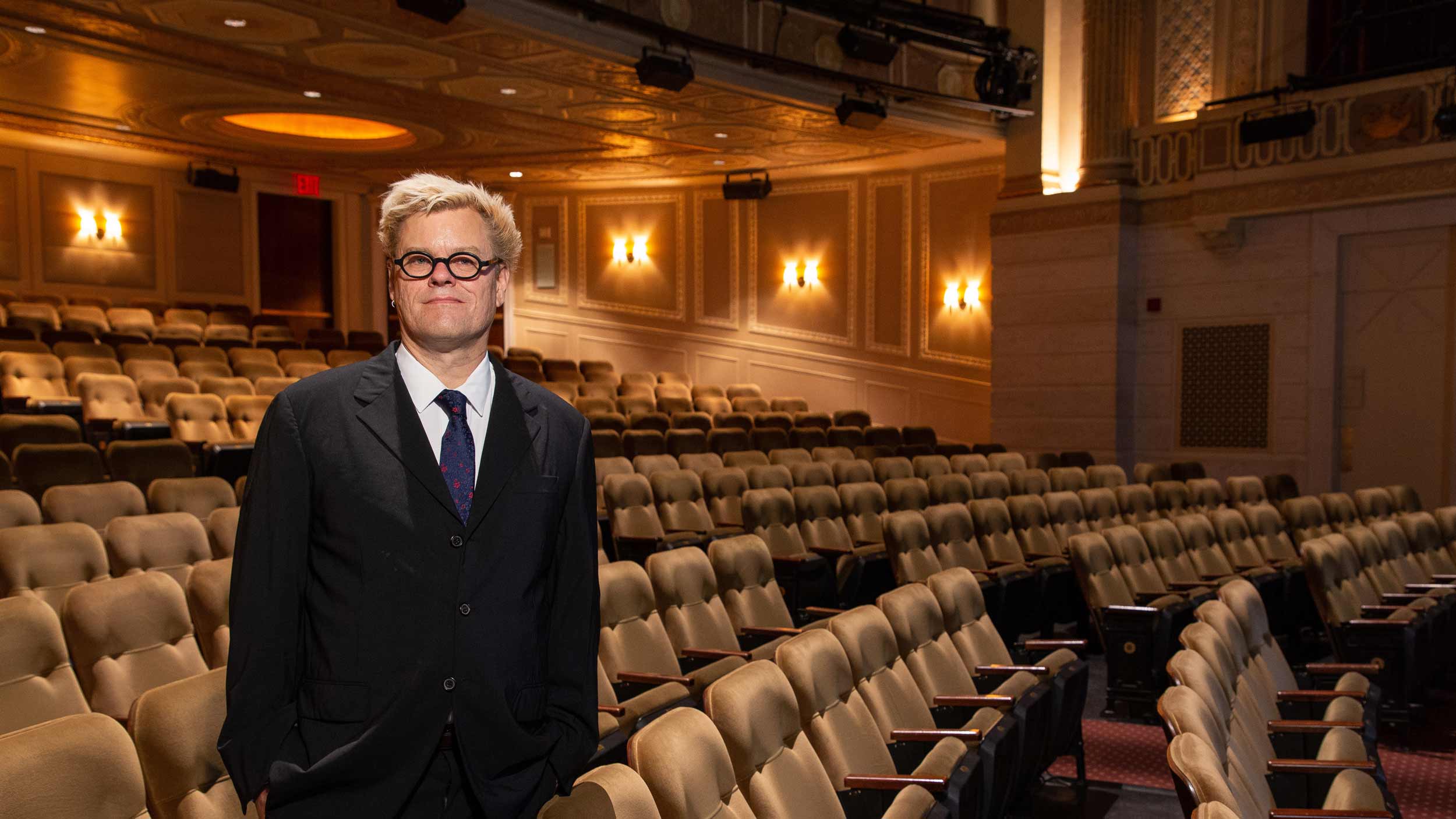Fitz Patton ’88 Celebrates Tony Win
Fitz Patton ’88 Celebrates Tony Win
For composer and sound designer Fitz Patton ’88, winning a 2019 Tony for best sound design for the critically acclaimed production of Choir Boy—a show about a young black man who longs to lead his prep school’s gospel choir—was an exceptional moment.

With more than 500 shows to his credit, 21 of them on Broadway, and a shelf-full of awards, including three Drama Desk Awards, a Lucille Lortel Award, and the Connecticut Critic Circle Award, Patton is no stranger to theatrical success. But he says, “this was possibly the greatest night in my life, as well as a great opportunity to say thank you in a public forum.”
Patton also regards the Tony as “a direct extension” of his education at Vassar, a description that gains greater resonance in the context of his own struggles during his school years. Arriving on campus with a directive from his father to study science, Patton’s decision to major in music resulted in the withdrawal of family funds. Without this support, Patton had to leave the college. But inspired by the artistry and commitment of composer and Professor of Music, Richard Wilson, Patton wasn’t ready to give up.
An appeal to Michael Fraher in the financial aid office resulted in an offer to return to school 18 months later with all tuition costs covered. Professor Robert Fortna, then in the Department of Religion, offered Patton a home for the duration of his studies. Patton graduated with his BA in music after winning Vassar’s prize in music composition and went on to earn graduate degrees from Bard and Yale. He remains close friends with Professor Wilson.
Of the Vassar administration and faculty response to his early difficulties Patton says, “It was clear to me that I had been given this tremendous opportunity to function independently, to pursue what I cared about. It came from a spirit of generosity on the part of the college, a sense of humanity, and the principles by which Vassar is governed.”